During the process of drafting, reviewing and examining the draft law, many opinions agreed that there cannot be a modern international financial center without a judicial institution that is strong enough, transparent enough, specialized enough and, more importantly, trustworthy enough for investors. Therefore, an institution that “exceeds standards” is an inevitable requirement.
In fact, the policy of establishing a specialized court has been clearly defined in the Politburo 's directive documents and concretized by the National Assembly in Resolution 222/2025/QH15 on the international financial center in Vietnam. The revised Law on Organization of People's Courts also "paved the way" by identifying "specialized courts" as a part of the judicial system. The remaining issue is how specifically that court will operate.
It is no coincidence that all the leading financial centers, from London to Singapore to Dubai to Abu Dhabi, operate a separate, specialized judicial system. Each has its own organization, but they have one thing in common: specialized procedures, high-quality judges, flexible language of jurisdiction and strong judicial independence.
A financial center without such a superior judicial mechanism will find it difficult to become a highly competitive destination in the region. Of course, an international financial center has never existed in Vietnam, so it is inevitable that there will be issues with many different opinions.
For example, should foreign experts be appointed as judges or should only domestic personnel be used? Financial disputes are highly technical, requiring international experience and precise language of adjudication; while the English language proficiency of Vietnamese judges in adjudication does not yet fully meet the requirements.
However, there are concerns that the use of foreign judges may affect judicial sovereignty . Therefore, the criteria for appointing, dismissing, and disciplining judges must be very clear and comply with Vietnamese law, with the final decision-making power belonging to the President.
The jurisdiction of this specialized court is also something that needs to be carefully considered. Will the specialized court only resolve investment and business disputes, or will it handle administrative, labor, and bankruptcy cases, like in major financial centers around the world today? A more cautious solution, to avoid putting pressure on personnel and reducing the quality of adjudication, could be to design a suitable roadmap, gradually expanding the jurisdiction, prioritizing the quality of resolution over quantity...
Another content in the draft, quite new compared to the current procedural model, is that the procuracy does not participate in the prosecution activities in specialized courts. This model is similar to international practice, dispelling the fear of foreign judges and ensuring flexible procedural procedures. Does this create a vacuum in power control?
Hopefully, all these new and difficult issues will continue to be carefully studied and considered by legislators in the remaining urgent working days of the 10th session of the National Assembly, so that we can have the best possible law, creating a basis for the law to be applied fairly, quickly and in accordance with global standards for an international financial center.
Source: https://www.sggp.org.vn/toa-an-chuyen-biet-can-mot-thiet-che-tu-phap-vuot-chuan-post825451.html



![[Photo] President Luong Cuong attends the 50th Anniversary of Laos National Day](/_next/image?url=https%3A%2F%2Fvphoto.vietnam.vn%2Fthumb%2F1200x675%2Fvietnam%2Fresource%2FIMAGE%2F2025%2F11%2F27%2F1764225638930_ndo_br_1-jpg.webp&w=3840&q=75)



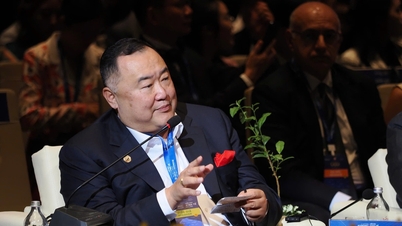



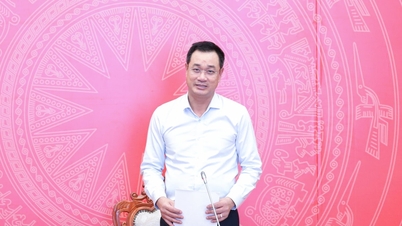



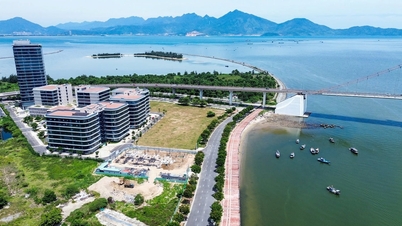
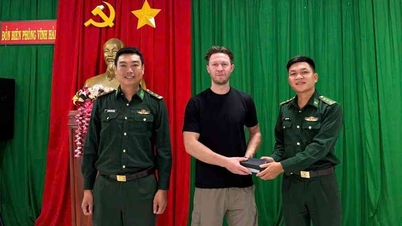





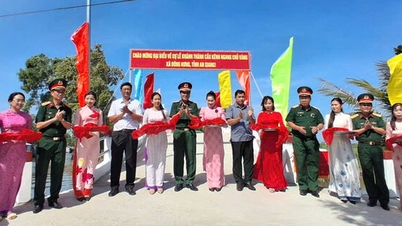

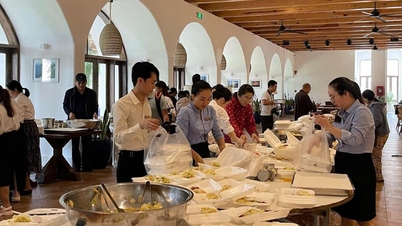
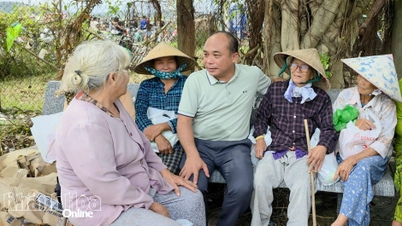




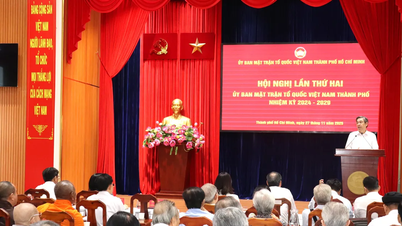
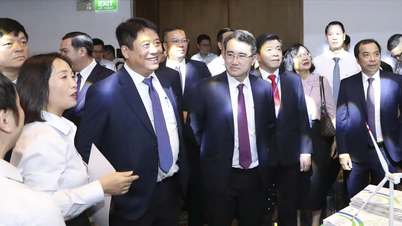
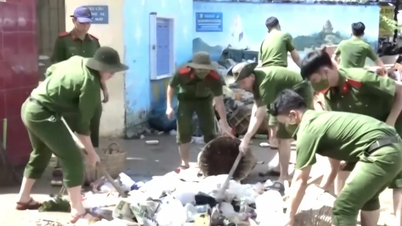
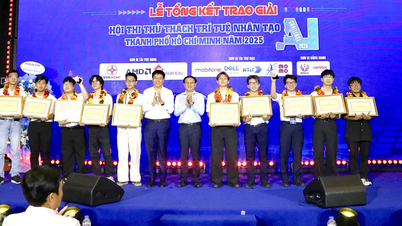

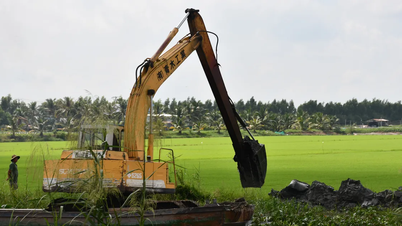


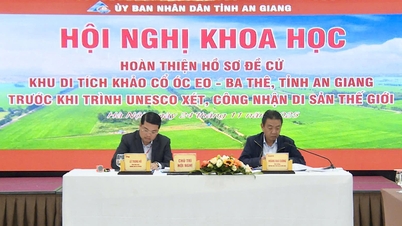




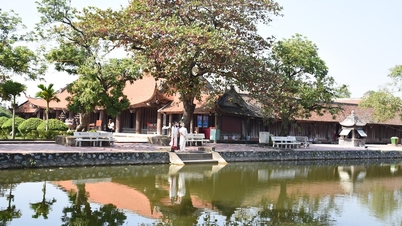

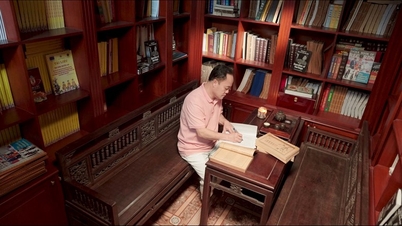

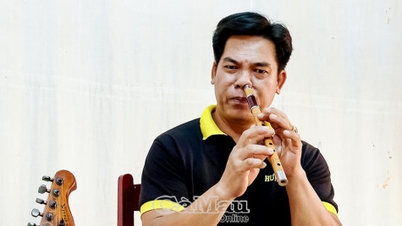

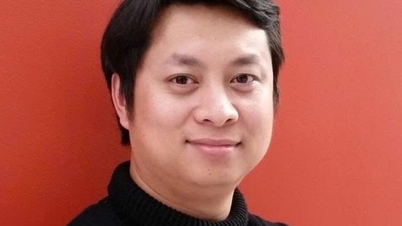

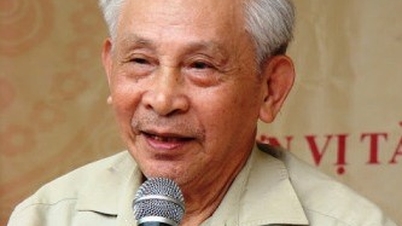

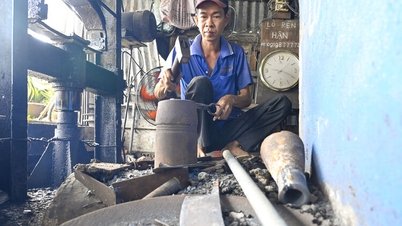
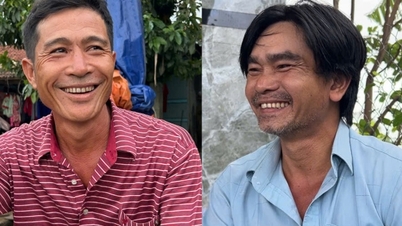
















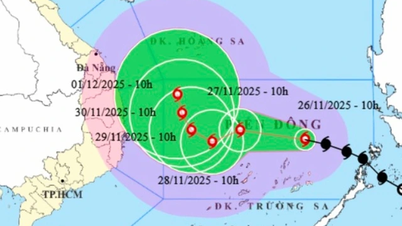
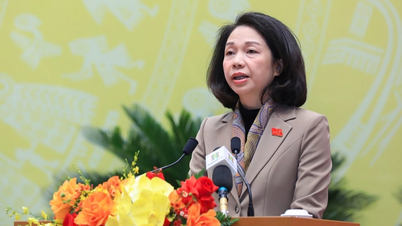
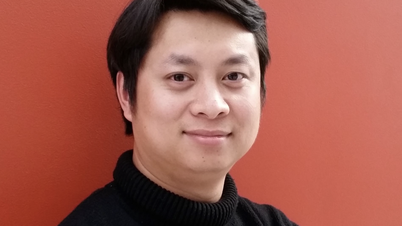

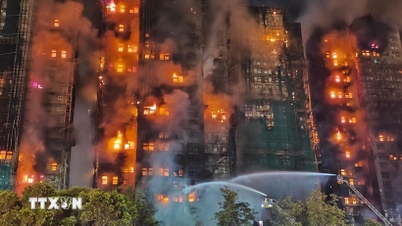

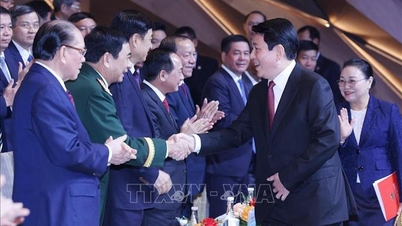




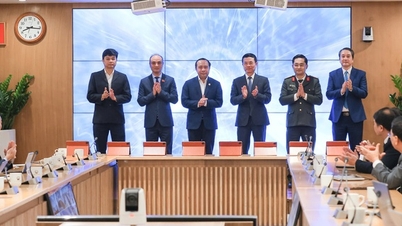





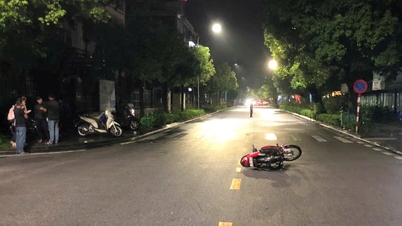




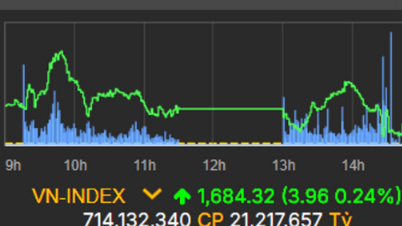
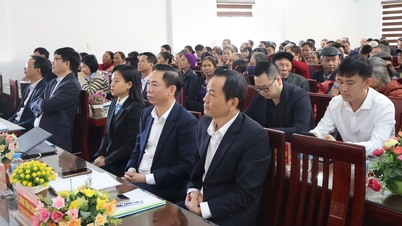











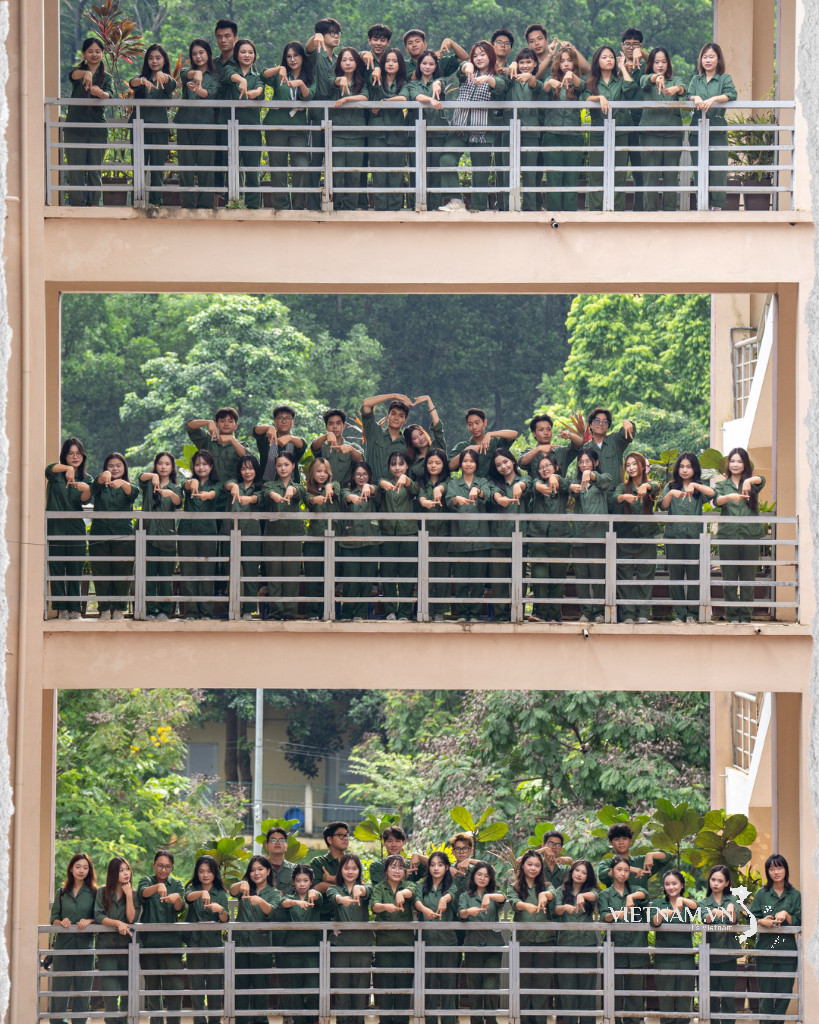


Comment (0)